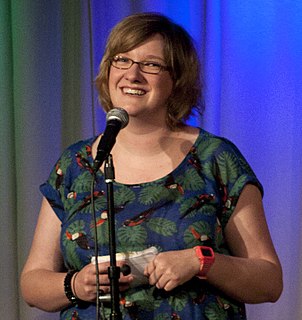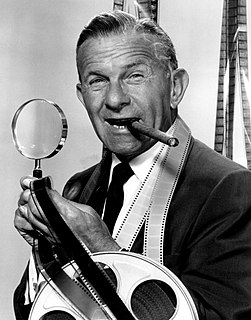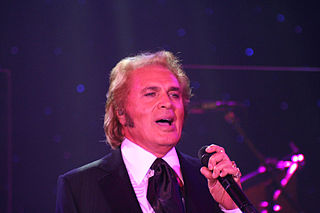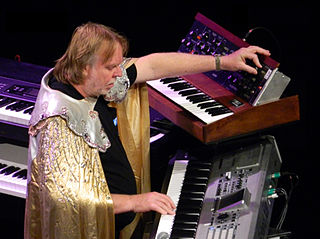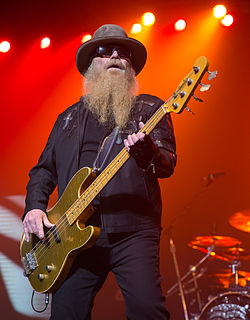A Quote by Sarah Millican
As I ran out of grandparents at the age of 16, the only time I ever see old folk is when I'm over-taking them on a motorway, they're in my audience laughing at filth, or in any park.
Related Quotes
I always thought the women of my age group got short shrift because the women's liberation movement came slightly after. You look at the yearbooks and you see the future homemakers of America - hurray for that - but you also see them in the engineers club. You see minority kids as student body presidents at a time when everyone was supposed to be terminally racist. Yearbooks are genres; they're also folk art, folk documentation.
I learned an invaluable lesson from a kid in Argentina when we were playing Buenos Aires in 2002. I came out of the hotel and this 16-year-old-boy asked me to sign his copy of my Six Wives of Henry VIII album. As I was signing it I asked him 'what does a 16 year-old like about this old music?' and he looked at me, quite hurt, and said, 'it might be old to you, Mr Wakeman, but I only heard it for the first time last week. When you hear something for the first time, it's new.' I've never forgotten that.
You could look out the window today, see the sky raining fire, and say that it has all been for nothing, everything we've ever done, because now we've lost. But folk were born and lived and knew friendship and music in this city, ugly as it is, and all across this land that we fought for. Some grew old, and others were less lucky. Many bore children and raised them, and had the pleasure of making them, too, and we gave them that for as long as we could. Who has ever done more, my friend?
Cornelius Cardew very famous in Britain, because he was the darling of the avant-garde, and he played in a band called AMM, which was an improvising band in the '60s. Paul McCartney used to come watch them. Later on in life, he became disenchanted with avant-garde music, because he felt it couldn't reach the public. It didn't have a wide enough appeal. So he'd take these tunes of old English folk songs and write Stalinist lyrics over the top of them. I do think that when he changed to folk songs, he actually lost the tiny audience he already had, which is quite interesting.
